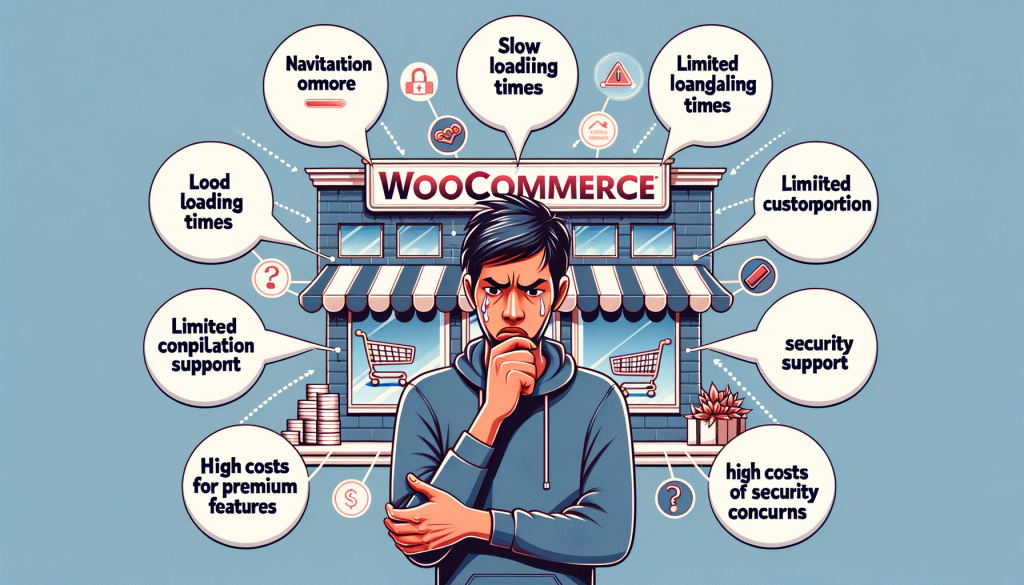Why WooCommerce is Bad: A Critical Analysis
In the eCommerce world, WooCommerce is a popular choice for creating online stores. However, despite its extensive use, there are significant limitations and challenges that users often face. This article explains why WooCommerce is bad for certain businesses, addressing common questions and offering alternative solutions for a seamless eCommerce experience.
What Are the Disadvantages of WooCommerce?
While WooCommerce is feature-rich, it is not without drawbacks. Here are the primary disadvantages:
- Self-Hosting Requirements: Unlike platforms like Shopify, WooCommerce requires users to manage their own hosting environment. This entails additional costs for hosting providers and technical know-how for configuration.
- Limited Core Functionality: WooCommerce relies heavily on plugins to extend its functionality. This can lead to compatibility issues and higher maintenance efforts.
- Security Liability: As an open-source platform, WooCommerce demands meticulous updates and security monitoring, which may overwhelm users unfamiliar with cybersecurity protocols.
- Scalability Concerns: Large-scale stores often encounter performance bottlenecks as WooCommerce struggles to handle high traffic. Learn more about high-traffic optimization.
- Time Investment: Setting up and customizing WooCommerce can be time-consuming for beginners who lack technical experience.
Why Not Use WooCommerce?
Many users opt not to use WooCommerce because of its steep learning curve and hidden costs. Here’s why:
- Complex Setup: WooCommerce requires multiple plugins and manual configurations for basic eCommerce functions, making its initial setup more complex compared to other platforms.
- Ongoing Maintenance: Without frequent updates and careful monitoring, WooCommerce websites are prone to errors and vulnerabilities. For tips on resolving WooCommerce issues, refer to common troubleshooting techniques.
- Lacks Built-In Features: Essential functionalities like abandoned cart recovery or advanced analytics integrations often require third-party solutions, adding to long-term costs.
Is WooCommerce Still Relevant in 2024?
Despite its drawbacks, WooCommerce retains its relevance due to its flexibility and customization capabilities. Businesses that value full control over their online store may still find WooCommerce appealing. To maximize its potential, explore tools and strategies like those mentioned in the WooCommerce optimization guide.
Better Alternatives for Your eCommerce Needs
If WooCommerce limitations seem overwhelming, consider exploring alternatives that offer managed hosting, seamless scalability, and robust built-in features. At eCommerce Solutions, we offer in-depth guidance to help you choose and implement the best platform for your needs.
Why WooCommerce May Not Be the Right Choice
In summary, WooCommerce’s drawbacks stem from technical challenges, hidden costs, and scalability concerns. If you desire a platform that requires minimal technical effort and better scalability, WooCommerce may not be the ideal solution.
For more insights on why WooCommerce is bad and tailored alternatives, check out our comprehensive WooCommerce guides or consult with the experts at eCommerce Solutions.
“`






